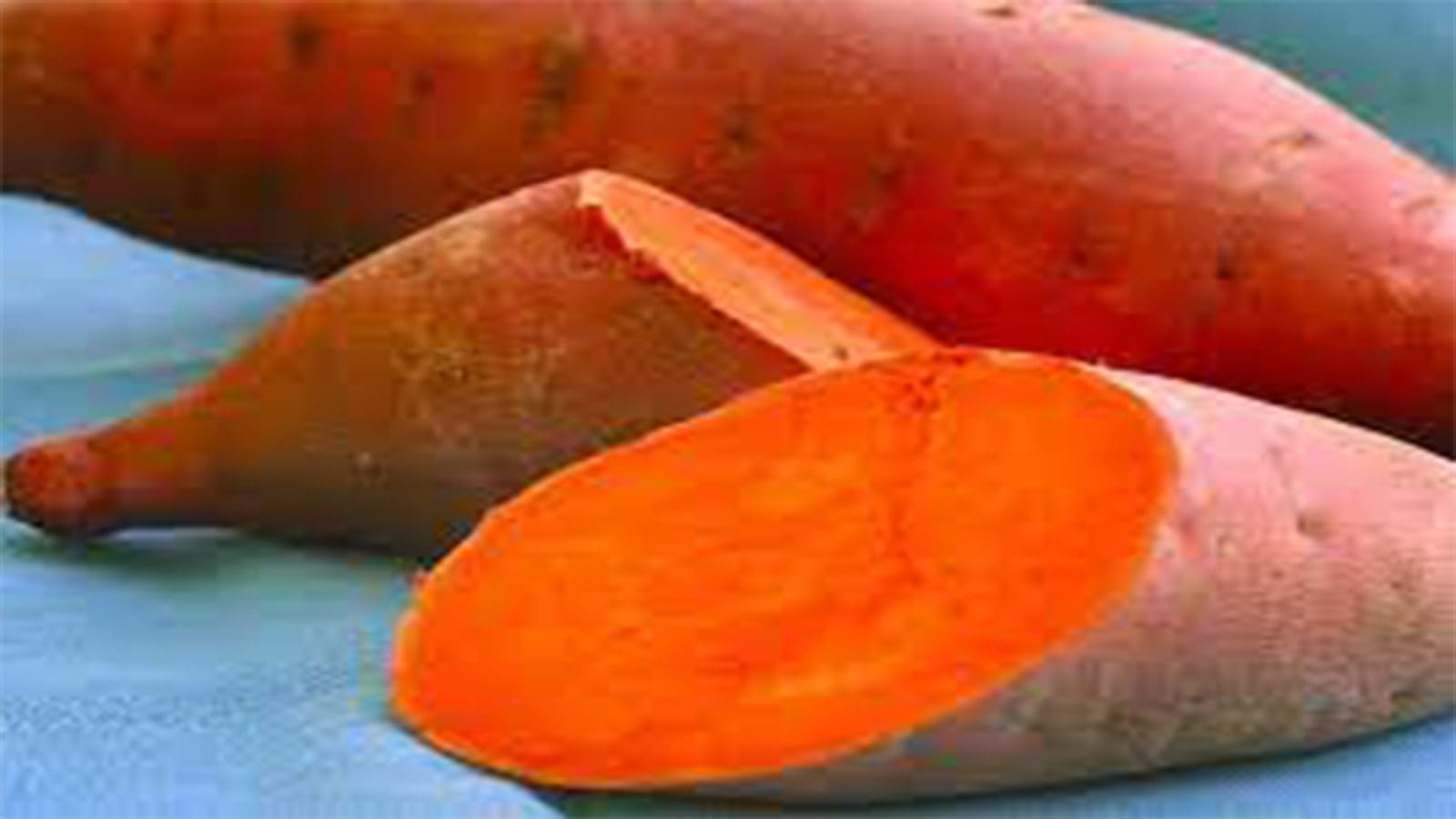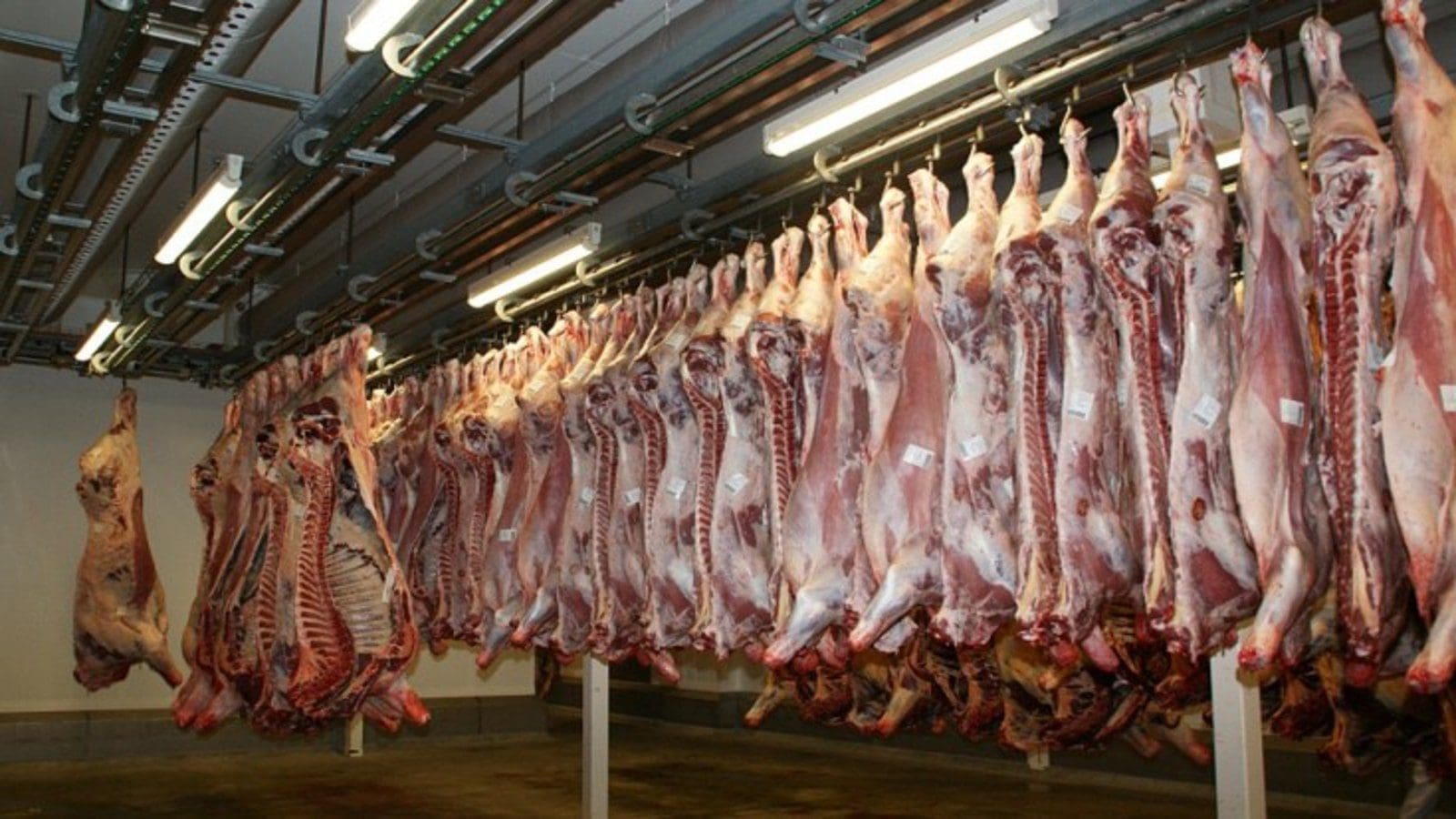SWAZILAND – In addressing food and nutrition insecurity in Eswatini, the Department of Agricultural Research and Specialists Services (DARSS) under the Ministry of Agriculture has received financial support from the International Fund for Agricultural Development (IFAD), to aid in the evaluation of ten Orange Fleshed Sweet Potato (OFSP) varieties and developed food products.
IFAD is an international financial institution and a specialized agency of the United Nations that works to address poverty and hunger in rural areas of developing countries.
It is the only multilateral development organization that focuses solely on rural economies and food security.
The Kingdom of Eswatini pre-dominantly produces white-fleshed sweet-potato varieties that unfortunately lack the much-needed vitamin A.
Introduction of Vitamin A rich, orange-fleshed sweet-potato will reduce Vitamin A deficiency in Eswatini. In addition, the OFSP varieties are nutritious, tasty, delicious and provide a source of essential nutrients, particularly for people living with HIV.
Food insecurity and malnutrition are significant challenges facing the Kingdom of Eswatini, primarily due to low agricultural productivity and limited diversity in crops and diets.
The Government of Eswatini (GoE) is committed to prioritizing food security and self-sufficiency through increased agricultural productivity per land area, crop diversification and commercialization of smallholder agriculture, among other strategies. Sweet potato is one of the priority crops and an important food security crop.
The Eswatini Water and Agricultural Development Enterprise (ESWADE) and the International Potato Center (CIP) in Mozambique have also joined hands with DARSS to address the food insecurity issue.
Sweet potatoes contribute significantly to improving food and nutrition security mainly due to their resilience and adaptability to diverse soil types and climatic conditions.
Drought spells are the most devastating phenomenon that hit hard in crop production in Eswatini since 70% of farmers are heavily reliant on rain-fed agriculture, resulting in a significant reduction in crop yield.
Sweet potato an essential nutrient source
In general, sweet potato is an essential source of carbohydrates, vitamin C, fibres, iron, potassium, and protein. Orange fleshed varieties have the added advantage of being a rich source of ß- carotene, a precursor for vitamin A.
Besides its role as a food security and healthy crop, it is becoming an economic crop as it is mainly sold along roads, particularly in the informal market sector in Eswatini and surrounding countries such as Mozambique and South Africa.
Having received planting material for the ten OFSP varieties from the Republic of Mozambique, Eswatini conducted a study to identify locally adapted, high yielding, farmer preferred OFSP varieties among the introduced ones, then recommended them for official release and dissemination to farmers in Eswatini.
Trials were planted at Malkerns Research Station (MRS), Lowveld Experimental Station (LES), and Nhlangano Experimental Farm (NEF), where the introduced OFSP from Mozambique were planted together with two local varieties as controls.
The evaluation was conducted over a period of two cropping seasons: 2019-2020 and 2020-2021. The first season was composed of only on-station trials in the three sites.
In the second season, on-station trials were conducted alongside 36 on-farm trials, which were implemented using the Mother-Baby Trial approach in strategically selected sites around experimental stations and within Smallholder Market-Led Project (SMLP) target areas.
The mother-baby approach is an on-farm participatory mechanism to introduce and test a range of technology options suited to a heterogeneous community.
From the study, yields of some of the new OFSP varieties were up to 20 tons/ha, which were significantly higher than the two local varieties.
Eswatini has thus far released 4 OFSP varieties Namanga, Alisha, Cecelia and Melinda for use by farmers based on the yield performance, farmers’ acceptability, in terms of taste.
In addition, the OFSP varieties are rich in beta carotene and other micronutrients that can contribute to addressing the twin challenges of food insecurity and malnutrition in Eswatini.
Liked this article? Subscribe to Food Safety Africa News, our regular email newsletters with the latest news insights from Africa and the World’s food safety, quality and compliance. SUBSCRIBE HERE








